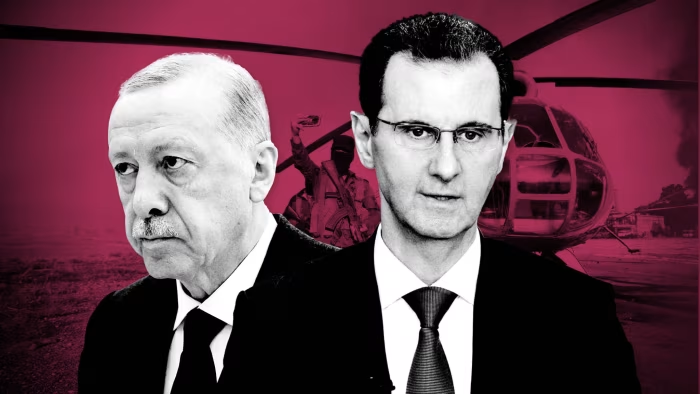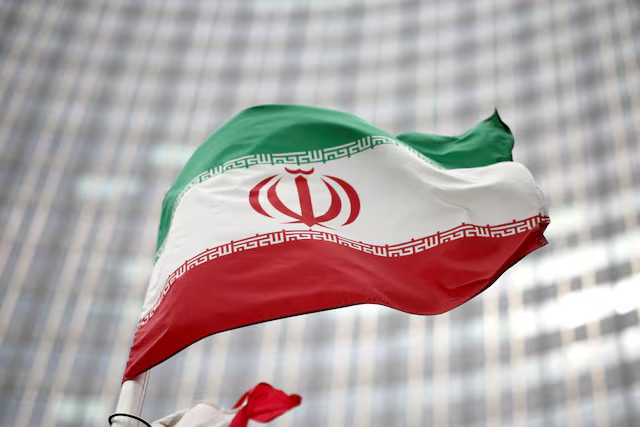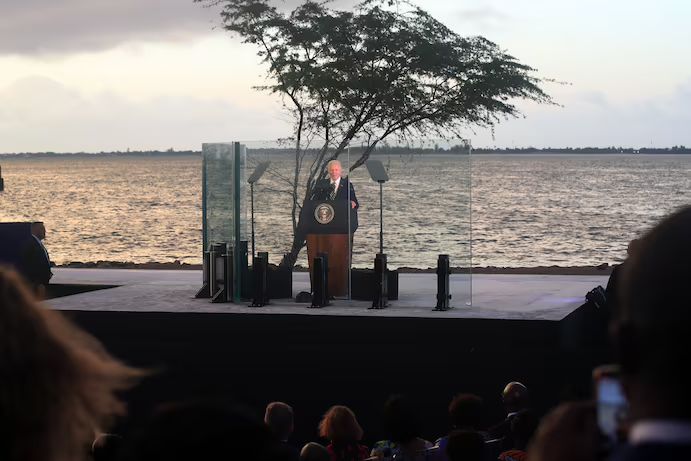Putin personally granted asylum to Syria’s Assad, Kremlin confirms

The Kremlin has confirmed that Russian President Vladimir Putin personally granted asylum to Syrian President Bashar al-Assad, marking a significant development in the ongoing relationship between the two nations. The announcement underscores the deepening ties between Russia and Syria, with Moscow continuing to offer unwavering support to Assad despite years of international condemnation and sanctions. This move also highlights Russia’s role as a key ally in the Syrian conflict, as well as its broader geopolitical strategy in the Middle East.
Bashar al-Assad’s presidency has been marked by brutal repression against opposition forces during Syria’s ongoing civil war, which began in 2011. The conflict has resulted in hundreds of thousands of deaths and displaced millions of people. Western nations, including the United States and members of the European Union, have consistently called for Assad to step down, accusing him of war crimes and atrocities committed against civilians. However, despite international pressure and a fractured opposition, Assad has managed to hold onto power, with significant military and diplomatic support from Russia and Iran.
Putin’s decision to personally grant asylum to Assad comes at a critical juncture in the Syrian conflict. Although Assad has regained control over much of Syria, the war has left the country devastated and deeply divided. The political and military dynamics in the region remain complex, with various global powers involved, each with their own interests in the outcome of the conflict. Russia’s involvement, which began in earnest in 2015 with airstrikes and military aid to Assad’s forces, has been crucial in tipping the balance of power in favor of the Syrian government.
The asylum offer from Putin is a clear sign of Russia’s commitment to Assad, cementing the longstanding partnership between the two leaders. Moscow has used its veto power at the United Nations Security Council to shield Assad from international sanctions and condemnation. In return, Assad has allowed Russia to maintain a military presence in Syria, including naval and air bases, which are strategically important for Russia’s influence in the Middle East.
For Putin, granting asylum to Assad is both a political and strategic move. It solidifies Russia’s role as the dominant foreign power in Syria and sends a message to the West that Moscow will continue to protect its allies, regardless of international disapproval. By offering asylum to Assad, Putin is not only providing personal security for the embattled leader but also sending a signal to other governments in the region that Russia is a reliable partner. This gesture further reinforces Russia’s status as a major player in Middle Eastern geopolitics.
The announcement has drawn mixed reactions from the international community. While Assad’s supporters have hailed the asylum offer as a sign of Russia’s continued commitment to the Syrian government, critics argue that it underscores the deepening entanglement of Russia in the Syrian conflict and the continued human rights abuses under Assad’s regime. Human rights organizations and Western governments have long condemned Assad’s use of chemical weapons, barrel bombs, and other forms of violence against civilians, and they see Russia’s support for him as complicity in these crimes.
For Syria, the asylum offer could be seen as a lifeline for Assad, whose position remains fragile despite his military victories. Although Assad has largely regained control over the country, pockets of resistance still exist, particularly in the northwest and east, where Turkish-backed forces and Kurdish groups continue to operate. Assad also faces an economic crisis, with Syria’s infrastructure in ruins and a population in desperate need of humanitarian aid. In this context, the Russian asylum offer provides a guarantee of safety for Assad should he face the threat of regime change or an uprising.
From a broader perspective, Putin’s decision to grant asylum reflects Russia’s increasing involvement in the Middle East, where it has sought to challenge U.S. influence and expand its strategic footprint. Russia’s support for Assad is part of a larger effort to reshape the regional balance of power and ensure that the U.S. and its allies do not dominate the post-conflict reconstruction of Syria. By cementing his alliance with Assad, Putin is positioning Russia as a key power broker in the region, willing to defend its interests and those of its allies at any cost.
The Kremlin’s confirmation of the asylum offer also comes at a time when tensions between Russia and the West are already high. The conflict in Ukraine, along with disputes over cybersecurity, human rights, and other issues, has strained relations between Russia and Western nations. Moscow’s backing of Assad adds another layer of complexity to these tensions, as it underscores Russia’s commitment to supporting authoritarian regimes and challenging Western-led international norms.
In the coming months, it will be interesting to see how the situation unfolds in Syria and what role Russia will continue to play in the region. While Assad’s future may be more secure with Russia’s support, Syria’s long-term stability remains uncertain. The broader geopolitical ramifications of Putin’s asylum offer to Assad will likely continue to shape the dynamics of the Middle East for years to come, particularly as Russia seeks to expand its influence and counterbalance U.S. power in the region.






